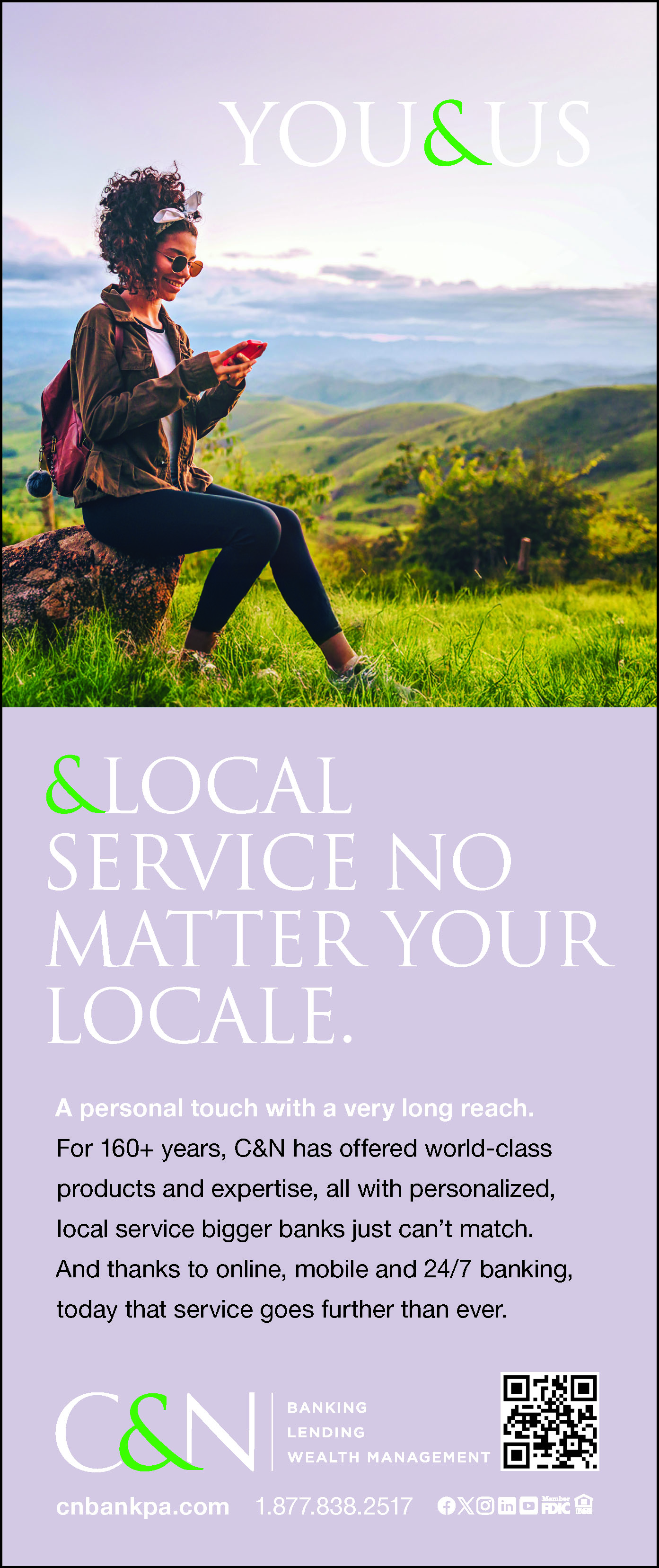Martin Luther King Jr.’s speech on August 28, 1963 before some 250,000 people on the steps of the Lincoln Memorial in Washington, D.C. has become one of the most famous speeches in American history. It is known as “I Have a Dream” Speech, but there is tremendous irony here, as the whole section concerning the “dream” was not a part of the original speech, and in fact, he was originally not scheduled to speak at all.
The purpose of the assembly that day was the March on Washington for Jobs and Freedom. Civil right leaders Philip Randolph and Bayard Rustin had planned this event for two years, and wanted the primary emphasis to be on securing jobs and equality in wages for African-Americans. This focus was evident by the presence of United Auto Workers President Walter Reuther in attendance and the support of other smaller unions who help in the organizing.
As the day of the rally began approaching, more civil right advocates wanted to get in on the act. In June of 1963, a coalition of leaders which became known as the “Big Six” expressed support for the march. One of these was Dr. Martin Luther King Jr., president of the Southern Christian Leadership Conference. Dr. King was a well-known figure, to be sure, but the organizers were conflicted on whether he would steer away from the primary focus of the march if allowed to speak.
There was a lot of give and take, and it was finally decided that Dr. King could provide some closing comments at the end of the day. This would be at the end of three hours of speeches on a hot August day in Washington, DC. It was decided that the most the crowd would be able to take at that point would be ten minutes, so this was his allotted time.
The speech he prepared is one of the finest crafted speeches in American history. Standing in front of the Lincoln Memorial, he opened his address by saying, “Five score years ago, a great American, in whose symbolic shadow we stand today, signed the Emancipation Proclamation.” Instead of “one hundred years ago,” but using “five score years,” King is obviously alluding to the Gettysburg Address by Abraham Lincoln. In that speech, Lincoln was referencing back to the Declaration of Independence. So, in one sentence, King brilliantly linked the event of that day back to the very founding of our nation.
His prepared speech was classic as he described the travesty of the past, the challenge for the present, and then summed up with a stirring statement in conclusion, “we will not be satisfied until justice rolls down like waters, and righteousness like a mighty stream.” The ten minute talk lasted twelve minutes due to constant applause interruptions. With continual applause, his speech notes were finished.
Martin Luther King Jr. delivered a memorable message that was the perfect closing for the rally. Singer Mahalia Jackson had traveled with King for the past few years, and was sitting behind the podium with others. She heard the cheering crowds and leaned forward and yelled, “Tell them about the Dream, Martin, the Dream!”
Dr. King had shared his ‘dream’ from time to time in his stump speeches in the past few years, and it had always been well received. He knew his allotted time was up, but no one was moving on — even after standing in scorching heat for hours, they seemed to want to hear more.
So Dr. King continued without any notes in front of him, first acknowledging the suffering of many in that multitude, and yet astonishingly remarked that their suffering was redemptive. This set the stage for the ‘dream’ that all of us have heard, “I have a dream that my four little children will live in a nation where they will not be judged by the color of their skin but the content of their character. I have a dream today.”
Those last five minutes of impromptu speech has been historic, but the entire speech is worth studying and should never be forgotten. Removing completely the prejudice of skin color is still a work in progress in our country. But sadly, we are seeing an emergence of political correctness armed with censorship that results in a prejudice that is totally contrary to the type of freedom that Dr. King advocated. We should all look forward to that day when we can cry, “Free at last, free at last, thank God Almighty, I am free at last.”




Leave a Comment
Your email address will not be published. Required fields are marked with *